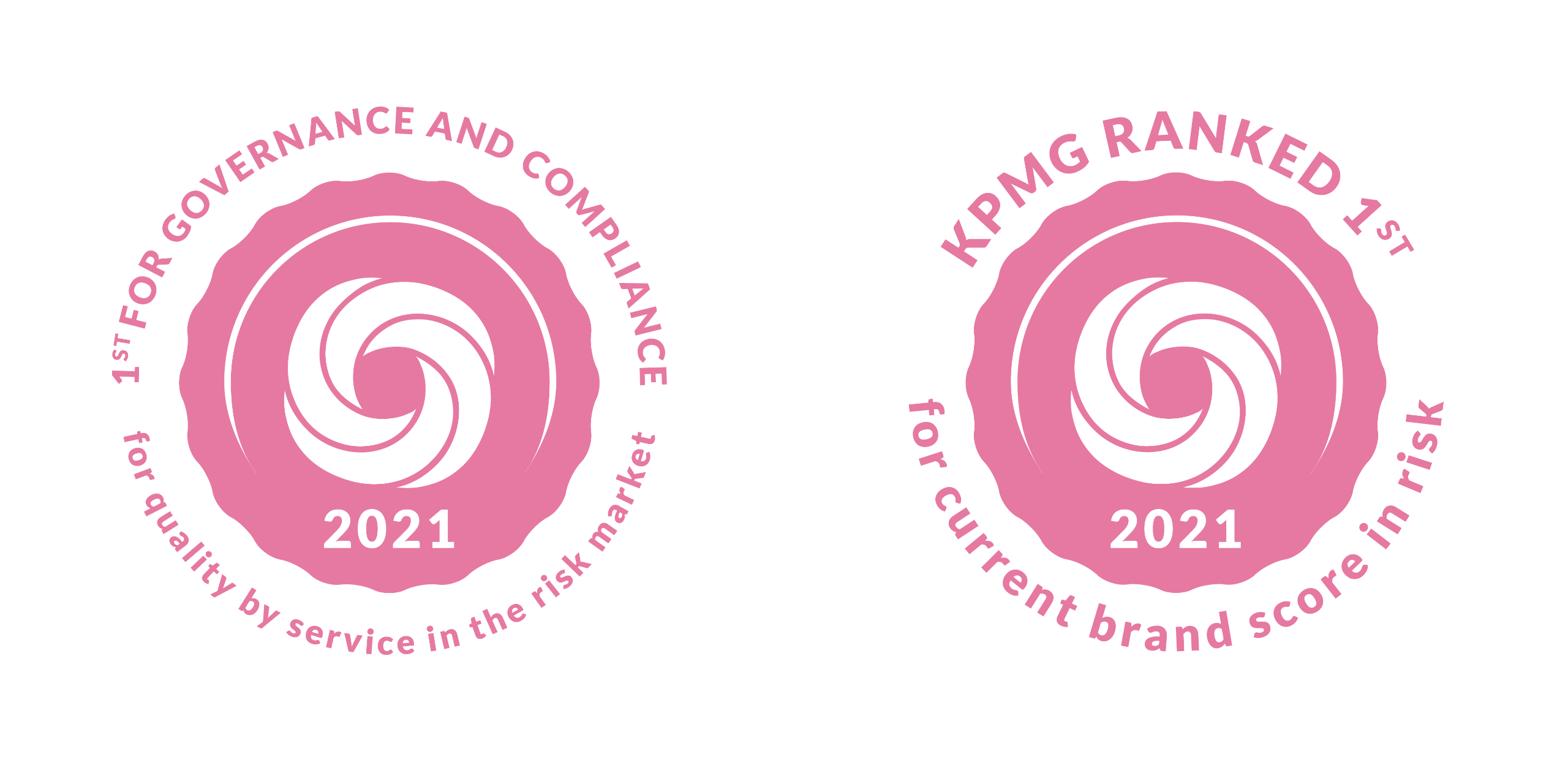A well-protected business has the potential to be confident and the most innovative.
The smartest businesses don’t just manage cyber risk, they use it as a source of growth and market edge. Technology makes many things possible, but possible doesn’t always mean safe. As cyber threats grow in volume and sophistication and technology becomes essential for meeting the needs of your customers, employees, suppliers and society, your cyber security must build resilience and trust.
KPMG helps you create a resilient and trusted digital world—even in the face of evolving threats. That’s because we bring a combination of technological expertise, deep business knowledge, and creative professionals who are passionate about protecting and building your business. Together, let’s create a trusted digital world, so you can push the limits of what’s possible.
How we can help you
KPMG has experience across the continuum—from the boardroom to the data center. In addition to assessing your cyber security and aligning it to your business priorities, we can help you develop advanced approaches, implement them, monitor ongoing risks and help you respond effectively to cyber incidents. So no matter where you are on the cyber security journey, KPMG can help you reach the destination.
- Strategy and governance. Turn risk to competitive advantage.
- Cyber transformation. Accelerate your initiatives in an agile world.
- Cyber defense: Confidently seize opportunities.
- Cyber response: Operate with confidence in a digital world.

















